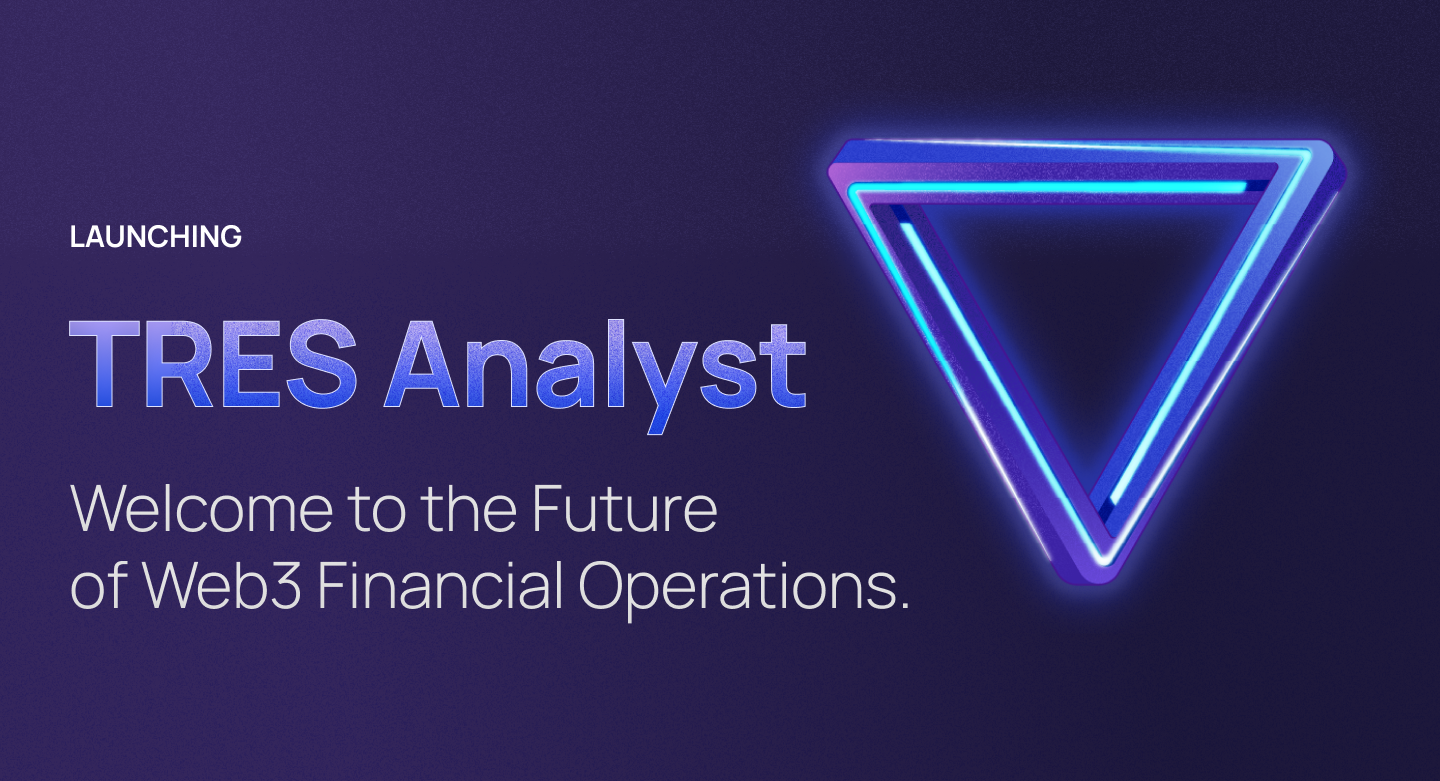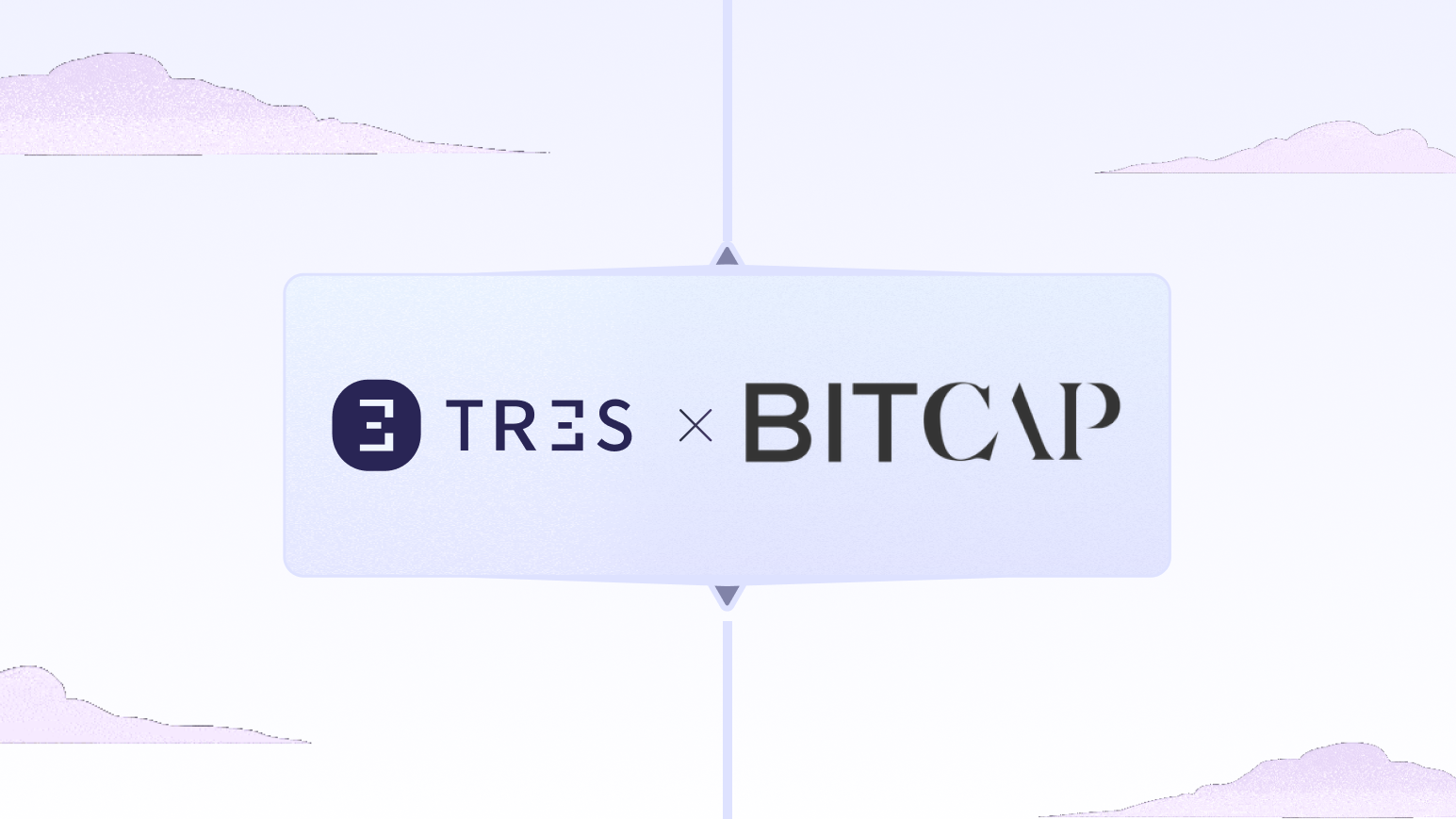Dogecoin, initially created in 2013 as a lighthearted and meme-inspired cryptocurrency, has since gained significant attention and a dedicated community of supporters. Founded by Billy Markus and Jackson Palmer, Dogecoin’s mascot is the Shiba Inu dog from the “Doge” meme, which has become its iconic symbol.
While Dogecoin started as a joke, it quickly gained traction due to its fun and friendly nature. It has also been associated with charitable initiatives, contributing to its unique identity within the cryptocurrency world.
Dogecoin operates on a decentralized blockchain network, similar to Bitcoin and Litecoin, but with a few notable differences. It utilizes the Scrypt hashing algorithm and has a much larger supply, with over 130 billion coins in circulation. This higher supply allows for smaller denomination transactions and a more accessible entry point for new users.
Dogecoin has gained popularity through online communities and social media, with users engaging in “tipping” by sharing small amounts of Dogecoin to reward or appreciate content creators. This aspect has fostered a strong sense of community and camaraderie among Dogecoin enthusiasts.
Despite its origins as a joke, Dogecoin has experienced significant price volatility and market fluctuations. It has attracted both speculative traders and long-term investors, while also drawing attention from mainstream media and influential figures.
However, it’s important to note that Dogecoin’s value and stability are still subjects of debate, with critics raising concerns about its lack of clear utility and long-term viability. As with any investment, caution and thorough research are advised.
Supported features
Supported
Supported
Supported
Supported
Supported
Supported


